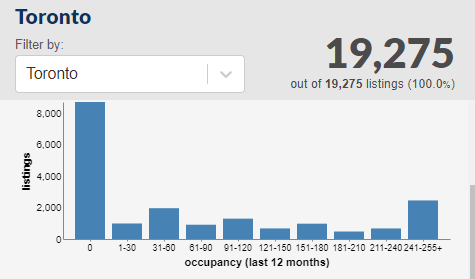From Airbnb to Affordable Homes
In the bustling cities of Montreal, Toronto, and Vancouver, short-term rentals have become a significant part of the housing conversation. As we delve into the 2023 Fall Economic Statement, we uncover the government's robust Housing Action Plan aimed at addressing the challenges faced by investors, homeowners, and renters in the ever-evolving real estate landscape.
The government, in a bold move, has announced measures to deny income tax deductions for non-compliant short-term rentals. In Canada, a short-term rental is typically defined as the rental of a residential property for a short duration, often less than 30 days. This includes properties listed on platforms like Airbnb. The government's recent measures focus on regulating and controlling such rentals to address housing challenges and promote long-term stability.
This strategic decision aligns with the government's commitment to prioritize long-term housing over short-term rentals. Simultaneously, we explore the proposed financial support for municipal enforcement, showcasing the collaborative effort between the federal and municipal levels in enforcing these changes.
In the quest to regulate the short-term rental market, the federal government is intensifying efforts. The cornerstone of this strategy is the denial of income tax deductions for AirBnBs and other short-term rentals in areas where such leasing is prohibited. This legislative move is poised to have significant implications for property owners, particularly in provinces and municipalities with strict regulations on short-term rentals.
Complementing this legal stance is the allocation of $50 million over three years to support municipal enforcement of restrictions on short-term rentals. This financial injection aims to empower local authorities to ensure compliance with regulations and foster a more controlled housing market.
There is a distinct concern about how this legislation could affect those genuinely trying to make ends meet. For honest homeowners who have diligently followed local rules and regulations, the potential financial strain is palpable.
The intended consequence of these measures is to liberate housing units for Canadians seeking stable, long-term accommodation. By discouraging short-term rentals, the government aims to create a more balanced and accessible housing market. This shift is expected to have a ripple effect on property values, influencing the dynamics of buying and selling in the real estate landscape.
Let's delve into the numbers: According to recent statistics, short-term rentals constitute a significant portion of the housing market, especially in metropolitan areas. Toronto, alone, has over 19,000 units listed for short-term accommodations.

The government's initiative anticipates freeing up thousands of units for long-term rental or ownership, thus contributing to a more sustainable and inclusive housing market.
Explore the government's intention to collect data on short-term rentals and discuss how this data might inform future policies. This forward-looking section adds a strategic dimension to the article, showcasing the government's commitment to adapt and refine its approach based on real-time information.
Looking ahead, the government recognizes the need for ongoing adjustments in housing policies. The plan includes the collection of data on short-term rentals, providing a valuable foundation for informed decision-making. This data-driven approach is a proactive measure, allowing policymakers to assess the effectiveness of current initiatives and adapt to the ever-changing dynamics of the real estate market.
As we peer into the future, the government's commitment to flexibility and responsiveness becomes evident. The data collected will serve as a compass, guiding policymakers in shaping housing policies that address emerging challenges and seize new opportunities.
Amidst the crackdown on short-term rentals, the government is making significant financial commitments to reshape the housing landscape. The allocation of $15 billion towards 10-year loans for new rental construction is a pivotal move. This funding, directed to the Apartment Construction Loan Program, is anticipated to stimulate the creation of 30,000 new homes nationwide by 2031-32. This ambitious initiative aligns with the government's broader vision of fostering a more sustainable and diverse housing market.
The 2023 Fall Economic Statement unfolds a comprehensive strategy to reshape the Canadian housing landscape. From stringent measures targeting short-term rentals to substantial financial commitments for rental builds and affordable housing, the government is steering the course towards a more balanced and sustainable housing market. As we navigate this intricate terrain, the evolving nature of policies and the proactive collection of data signal a commitment to adaptability and resilience. The journey towards a redefined housing landscape is not just a government initiative; it's a collective endeavor to build a future where housing is stable, accessible, and tailored to the diverse needs of Canadians.
Your market
Curious where our market falls on this split and what it means for you?
Get in touch, and we’ll tell you everything you need to know.




